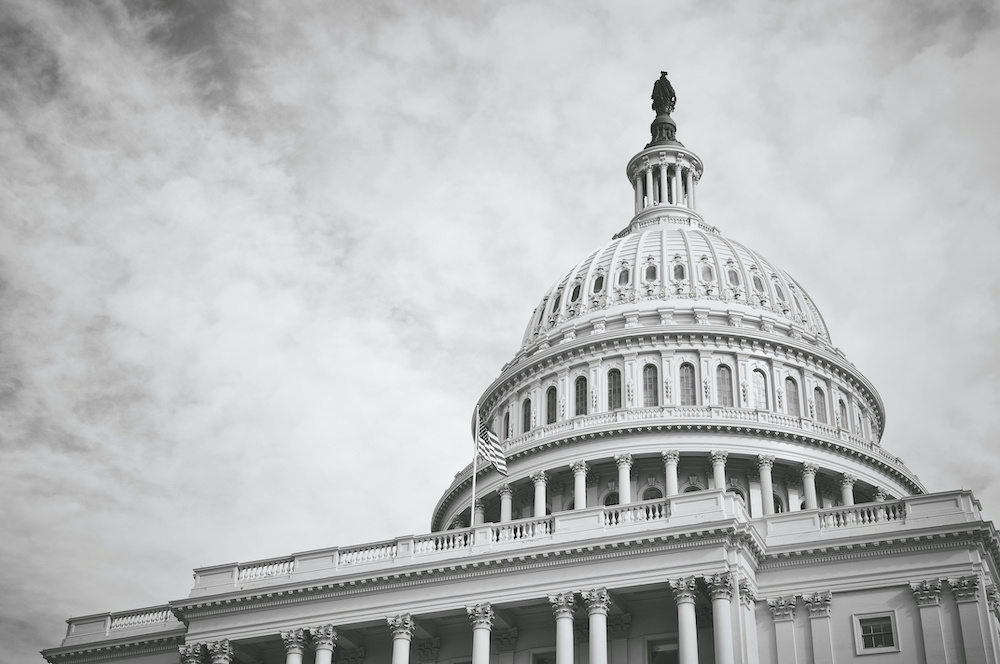
- Details
- By Chez Oxendine
- Food | Agriculture
The Native Farm Bill Coalition — convened six years ago to support Native priorities on the historic 2018 Farm Bill — feels good about a similarly positive performance with the 2023 Farm Bill, says representative Kayla Gebeck Carroll.
That is, of course, as long as it remains the 2023 Farm Bill, rather than carrying over to 2024, at which point many programs authorized by the Farm Bill will run out. Carroll, an associate at law firm Holland and Knight, called out the date of the potential “dairy cliff” — Jan. 1, 2024. That’s when prior authorizations and allocations begin to run dry for that particular industry.
“That’s when things get very serious,” Carroll told Tribal Business News. “Authorization on a lot of these programs was extended by other bills like the Inflation Reduction Act, but when we hit that cliff, we start getting into trouble and need a new measure.”
Caroll’s concerns stem from signals by House leadership that a busy, fractured Congress won’t be able to conduct a vote on the Farm Bill’s latest iteration this month, when the bill was originally scheduled to be brought to the floor. Carroll said Congressional attention will prioritize “must-pass bills” and appropriations before the Farm Bill comes up for further discussion.
While timing for the bill’s passage is still fluid, what’s likely to be in it is a bit more certain. There is strong support for a central pillar of the Native Farm Bill Coalition’s 2023 proposals, including the so-called “638” self-determination programs. Caroll told Tribal Business News that the Coalition has seen broad bipartisan support for enshrining the programs, which were authorized as demonstration projects for eight tribes in 2018, into permanent law.
Some lawmakers — like Sen. Lisa Murkowski (R-AK) — have gone as far as proposing expanding 638 self-determination rights to other programs, such as forestry and conservation efforts, Carroll said.
“Across the board, there’s lots of support for 638 and we definitely see it as something like our biggest growth in the Farm Bill,” Carroll said.
Prior Tribal Business News reporting has shown that early efforts to allow tribes greater control over the USDA’s Food Distribution Program on Indian Reservations have been widely considered successful. The programs, named after a section in the American Indian Education and Self Determination Act used to establish them, allowed eight tribes to purchase locally grown foods for their food packages rather than relying on USDA stocks.
Those programs have been a shot in the arm for tribal economies — not just the tribes purchasing the food, but surrounding tribes and communities producing it, Carroll said. She pointed to one of the pilot program tribes — the Oneida Nation in Wisconsin — purchasing wild rice from her tribe, the Red Lake Band of Chippewa Indians, as a result of a 638 program.
Without assurance that the programs would last, however, local providers couldn’t safely scale up operations to meet consistently increased demand, Caroll said.
“There's uncertainty on whether they should expand their operations, because why would you do that if the program could go away at any time?” Carroll said. “But because we've been building this capacity and opening doors, making it permanent is going to further open that door [to economic prosperity] in rural parts of America.”
The Indigenous Food and Agriculture Initiative at University of Arkansas is a member of the Native Farm Bill Coalition that has helped shape policy and priorities for the organization. Associate IFAI Director Carly Hotvedt calls 638 programs an “economic force multiplier” for the regions where they are enacted.
“It’s just a huge boost for these producers,” Hotvedt said. “That pilot’s been pretty successful. We’re hoping to see a second round, and that’s something our stakeholders in the Coalition have asked for.”
Of course, for any of this to happen, the Farm Bill has to be passed, Carroll said. She and the Native Farm Bill Coalition hope that’s soon.
“There's also been reports that McCarthy might be taking an impeachment inquiry up of President Biden — if that happens that's going to slow things down in the House, so the Senate could mark up their version of the bill, but will the House get to it, that's hard to say right now,” Carroll said. “It's messy - there's no other way to say that.”
